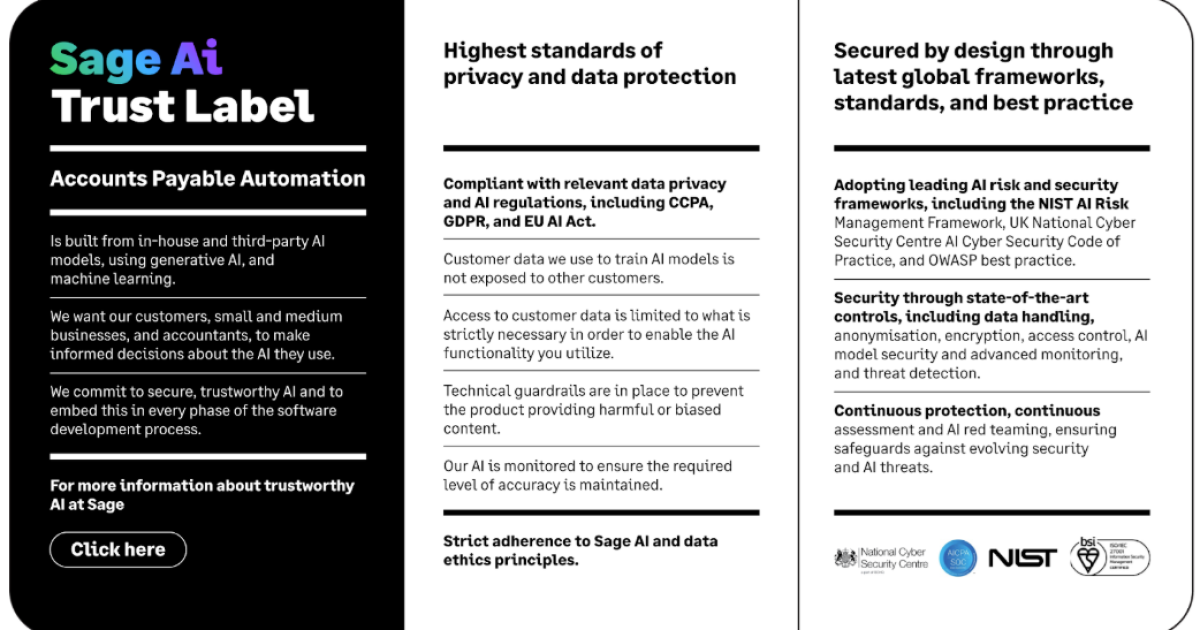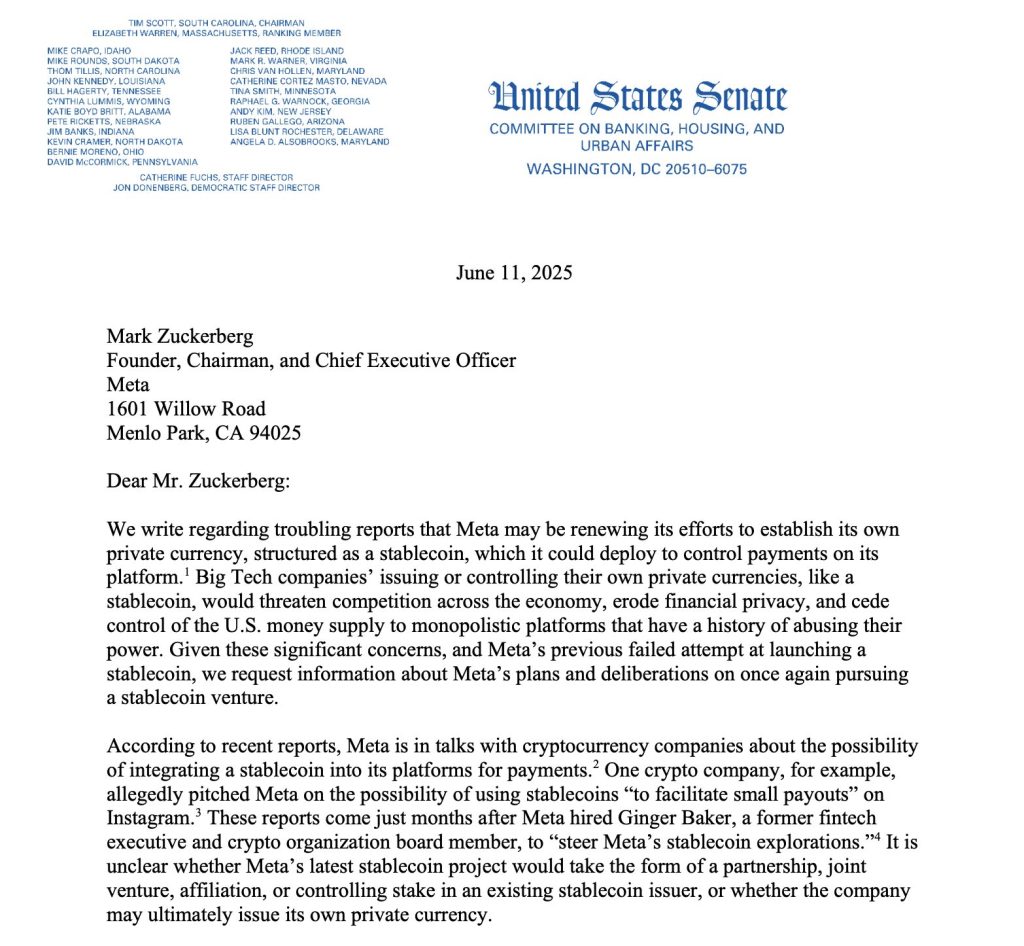The impact of artificial intelligence is being felt across industries and in workplaces worldwide. As companies seek ways to drive better results with this powerful technology, we must start preparing the workforce for collaboration with A.I. tools.
While tools such as DALL-E and ChatGPT have captured the public’s imagination, the real question is whether A.I. is actually ready to deliver transformative change for companies.
The answer is yes–and many businesses are seeing it happen in two distinct ways: trusted A.I. supporting the automation of routine business processes and A.I. serving as a creative partner to foster innovation.
Today, A.I. solutions are being deployed across companies to help tackle the kind of tasks most people find repetitive, which frees up employees to take on higher-value work. We’ve experienced this firsthand with IBM’s Human Resources team.
Every company, no matter its size, must prioritize hiring, promoting, and retaining talent. Much of this work entails pulling large amounts of data and documentation together for standardized processes like promotion cycles. With the help of IBM’s own A.I., we’re beginning to automate key steps of what was a very manual process. Within IBM itself, piloting this technology we have been able to shift from 700 professionals doing a relatively manual type of HR-related work, to less than 50. That’s freed up a very significant number of people to spend more time providing important talent-related services, such as career guidance and support for managers, which requires thought and creativity, rather than doing routine paperwork.
Outside of our own organization, A.I. is continuing to provide a significant competitive advantage. We’re seeing instances where digital labor solutions have allowed businesses to achieve 60% faster processing times, answer hundreds of thousands of questions each month with 95% accuracy, and reduce the time spent searching for information by up to 75%.
Of course, today’s A.I. excels at more than just automating repetitive tasks. Much of the recent excitement around generative A.I. has focused on its ability to compose text and save time with everything from writing e-mails to creating sales presentations. But humans are also partnering with A.I. to spark innovation.
Consider molecular generation. There are millions, if not billions, of potential ways to combine molecules. It’s virtually impossible for scientists to simulate these parings with existing technology–even using the world’s most powerful supercomputers. Generative A.I. can help advance this work, which lies at the heart of world-changing processes like discovering new drugs and building more efficient batteries for electric vehicles. As these new molecules are modeled with the help of A.I., humans with domain-specific knowledge will play an essential role in choosing the best path forward.
Companies need to prepare their workforces for these new applications of A.I. That means combining human expertise and knowledge of complex processes (such as bringing a new drug to market) with A.I. tools to accomplish goals faster than ever before. It also means providing people with the relevant skills to work creatively and responsibly with A.I.
That doesn’t mean every employee will have to learn how to code–but most will have to familiarize themselves with new A.I. solutions. At the same time, companies will need to think systemically about how to move people who have been freed from routine work by A.I. into roles that are more fulfilling and impactful to the business. In this way, infusing A.I. across a company’s workflows will not only drive new insight and innovation, but also lead to a more satisfied and productive workforce.
The backbone of any new technology is trust. Despite recent innovations, A.I. still faces tremendous hurdles: it can be error-prone, confidently generate plausible, yet incorrect, responses, and even be tricked into ignoring their programmed constraints to perform potentially harmful actions.
Customers and governments expect businesses to deliver the highest standards of security, privacy, data protection, and compliance. Companies must be clear about how their A.I. systems are trained, what data is used in that training, and what goes into an A.I. system’s recommendations. Developing responsible, ethical A.I. requires that we remove any potential for human bias.
People working together with trusted A.I. will have a transformative effect on our economy and society. A.I.’s use is projected to unlock nearly $16 trillion in productivity by 2030. It’s time we embrace that partnership–and prepare our workforces for everything A.I. has to offer.
Arvind Krishna is the chairman and CEO of IBM.
The opinions expressed in Fortune.com commentary pieces are solely the views of their authors and do not necessarily reflect the opinions and beliefs of Fortune.
More must-read commentary published by Fortune:
Credit: Source link











